Business Owner Kyoko Nagano Shares What’s Behind Her Passion
Life And Work As A Serial Entrepreneur
A desire to help safeguard the future of Japan’s traditional industries is driving Kyoko Nagano forward.
Since 2018, Nagano has been running three companies, each centered around an aspect of Japanese culture. She founded Mypal, a Japanese culture experience provider offering classes in tea ceremony, kimono wearing, bonsai and various traditional crafts. In the same year, she co-founded Sake Lovers, which aims to spread its love of nihonshu (Japanese rice wine) with the world while supporting small breweries in Japan. And, finally, she is a director of Hakko Farm, a promoter of fermented (hakko) foods.
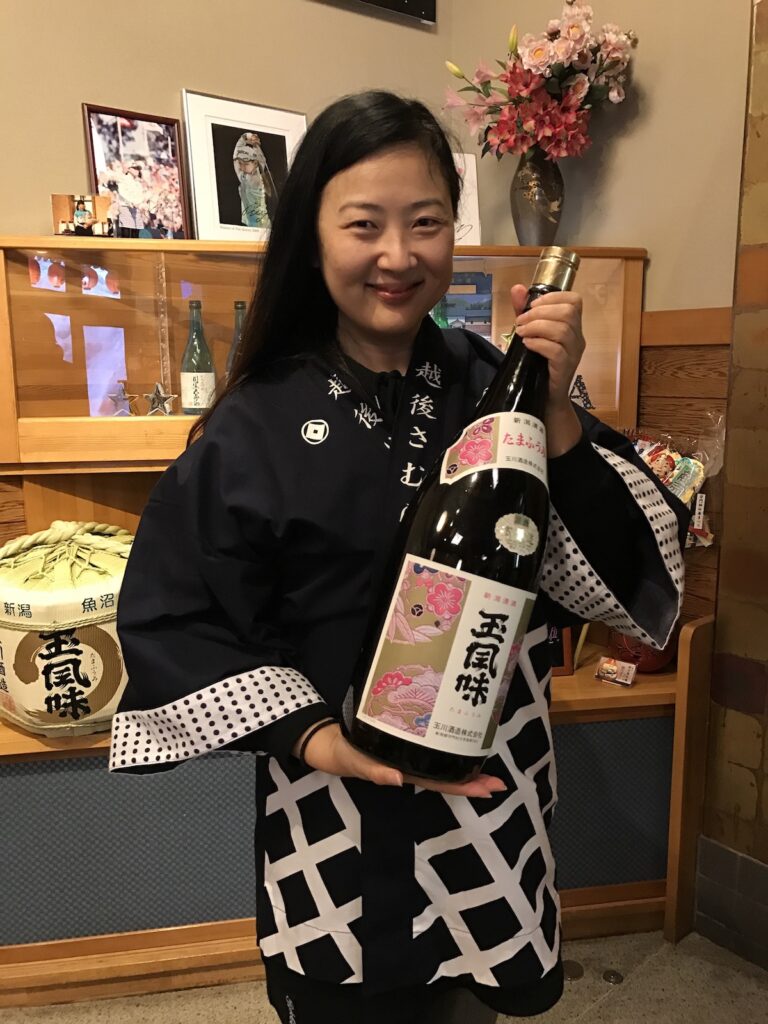 © Photo by Kyoko Nagano
© Photo by Kyoko NaganoWith two of the three businesses heavily impacted by the pandemic, Savvy Tokyo asked the entrepreneur how she is managing, what keeps her going and—perhaps most important—how she does everything.
What set you on the path to being an entrepreneur?
It all began in Bangkok where I lived for several years due to my husband’s job. I was volunteering at an international day and received so many questions about Japanese culture. I realized that I didn’t know it very well and decided that I’d like to learn more. When we came back to Tokyo in 2016, I began taking lessons in Japanese arts such as ikebana (flower arranging).
I was sad to hear from the teachers that young people were not so interested in joining those lessons and I became concerned about the future of Japanese culture. I thought of how I could help keep the culture alive. My expat friends had free time and wanted to learn some Japanese culture so I thought of connecting them with my teachers. By enjoying classes together, my teachers could also practice English through hands-on experience so it was a win-win.
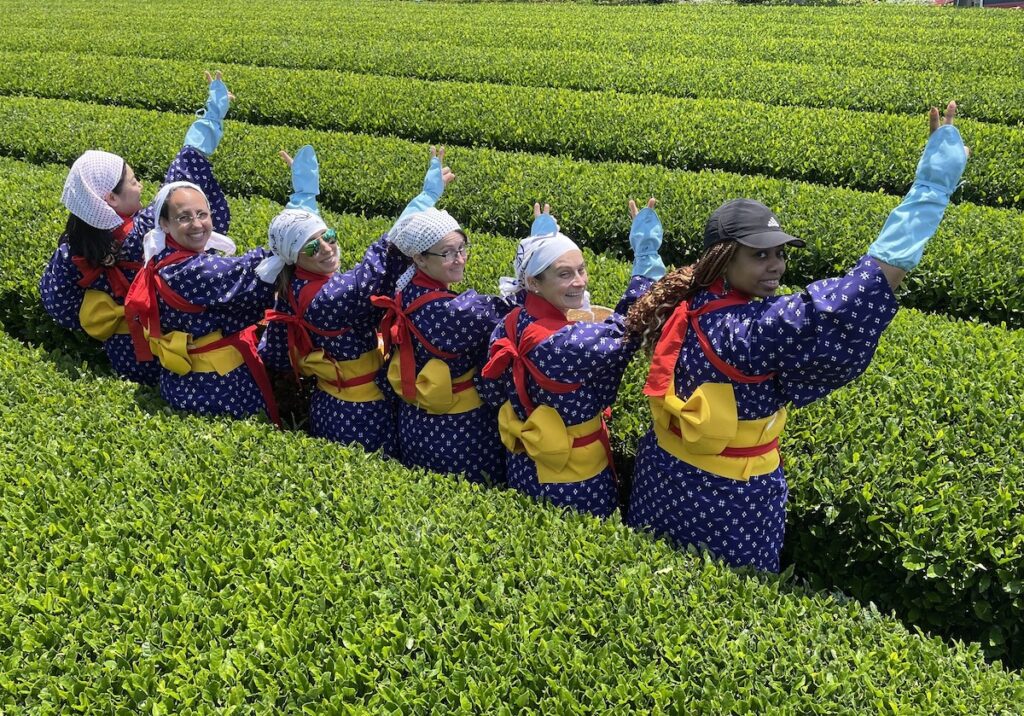 © Photo by Kyoko Nagano
© Photo by Kyoko NaganoWhen the teachers became confident in their English capability, I listed their classes on Airbnb, TripAdvisor and other websites used by tourists. It went really well and soon the classes were attracting 200 people each month, which prompted me to set it up as a business. That was the start of Mypal Inc. It was hard at first as I didn’t have a business plan, but what I did have was passion and interest.
How did you become involved in the other two businesses?
Well, I met someone who also cared about protecting traditional Japan. Her passion was sake. She told me how sad she was about the closure of her friend’s sake brewery, which was about 200 years old, and asked me to help her do something to help small sake breweries. At that time, I liked sake but didn’t know much about it. Once I learned about its long history and sad decline—production today is one-third of production in 1975—I wanted to help. Together, she and I set up Sake Lovers Inc. to support craft sake breweries via sake export and sake brewery tours.
I’m also a director of Hakko Farm, which promotes Japan’s unique fermented foods.
How were the businesses able to respond to the pandemic and what are you focusing on now?
With Sake Lovers, we were able to pivot online when the coronavirus pandemic hit. We changed from offering in-person tours and tastings to virtual ones. But our main business now is export. Export sales have tripled in growth and soon we will begin exporting to Singapore and Taiwan. One of our online tours is also now listed by the Tokyo Convention & Visitors Bureau as an option for business groups interested in Japan.
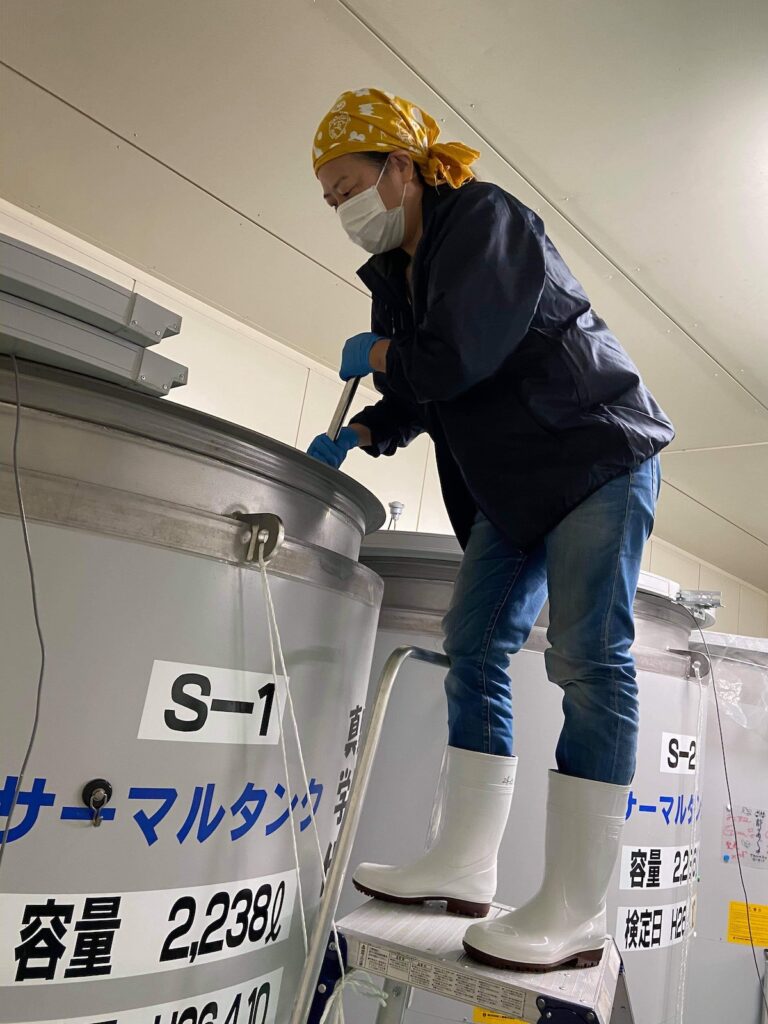 © Photo by Kyoko Nagano
© Photo by Kyoko NaganoBecause of the pandemic, small sake breweries need us even more. Large breweries can grow and even open bars abroad, but small breweries, which consist of 95% of the total sake industry, are struggling. Last year about 150 breweries went out of business so it’s a really heartbreaking situation. I hope we can help more small breweries get their products overseas.
At Hakko Farm, we’re making a website in Japanese and English called Hakko Times. Since Hakko Day is Aug. 5, we’re trying to launch it then. We’re working with an amazake (sweet drink made with fermented rice) researcher who has appeared in lots of media in Japan and published two books. I hope we can operate as a media and seller of amazake.
Since Hakko Day is Aug. 5, we’re trying to launch [Hakko Times] then.
For Mypal, as there are no inbound tourists yet, I’ve been mostly doing project work for Singapore television media. Recently I had to find interesting stories about Aomori and support their production as a fixer and translator. One story was about a walking route showcasing moss. Another featured companies turning food waste into something meaningful: one makes crayons from dried-out vegetables and one makes tea from unused burdock.
How have you adapted to that new role at Mypal?
I had done it before. Years ago, a Singapore media producer joined one of my Tsukiji fish market tours with Mypal. When the time came for the market to move to Toyosu, she asked if I could speak to the Tsukiji fishmongers for her because I knew so many of them. Together we told the stories of some elderly fishmongers who were retiring from the business when Tsukiji closed. The producer liked that I coordinated everything and could be a fixer.
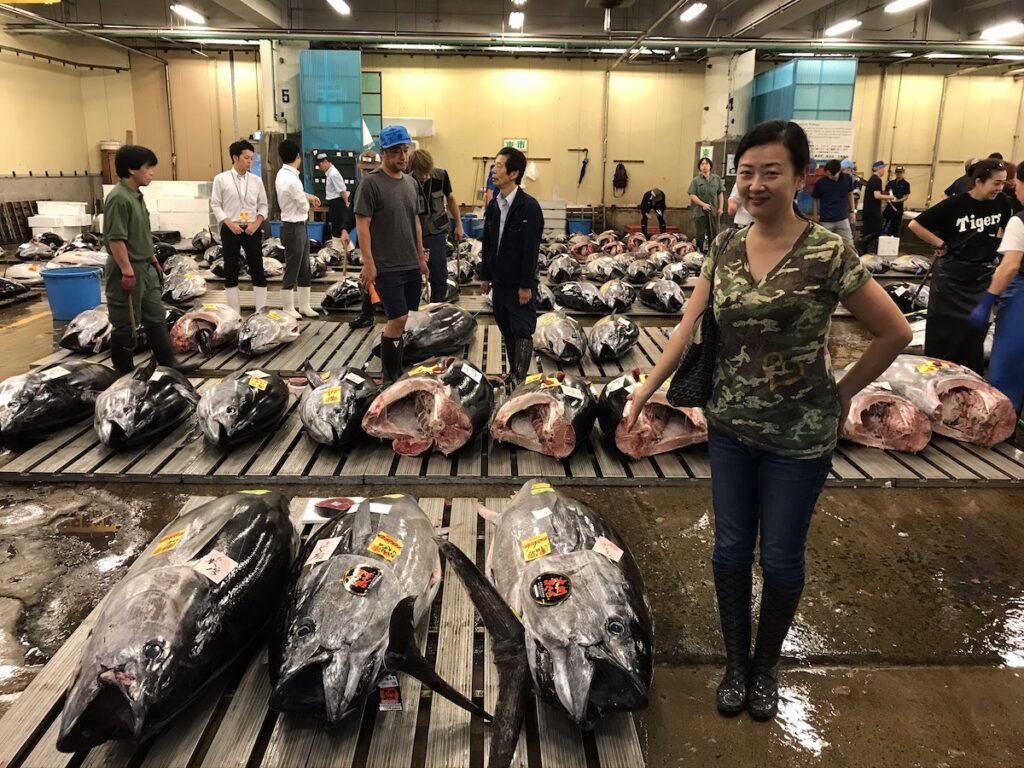 © Photo by Kyoko Nagano
© Photo by Kyoko NaganoI love it because I love doing new things. I’m getting trained now to be a guide for foreign nationals at Toyosu Market. Visitors now can only see from the upper deck but after July, when I do all the sessions, I will receive a badge that will allow me to pass through the market with them.
Once tourism is back, we hope to provide more experience-based things like tea picking. Mypal has 18 teachers still listed on Airbnb and I hope they will start to have customers again. I’m trying to be positive.
What are the most challenging parts of your work?
I’m not a marketing specialist. Our business is growing by word of mouth and social media. I feel that we now have to invest our money in marketing because we have good content, such as sakegeek.com, but it’s not attracting many people because we’re not good at SEO. It should be a go-to place for sake brewery information but it’s not yet. Also, a lot of breweries think sake is good as it is but some people don’t want to drink it that way. That’s why we’ve come up with some ideas for sake cocktails that are more fashionable and Instagram-friendly.
How do you manage to do everything?
I use a chart to know how much time I can spend on each project and then juggle things around. But I’m kind of a workaholic. I don’t sleep much, which is not good for my health, but when you’re doing something that excites you, time passes fast and you want to get things done. I don’t feel the burden. Maybe in my previous life I was a tuna because they are constantly moving around. I like to move around and do things that excite me.
The three businesses are more like my passion projects. If I wanted money, I would be working in the financial industry like I used to. But life is short. I’m happy that I can do whatever I want to do. I can see the sake brewers happy and see people happy with my service. That motivates me.
For more information about:
- Sake Lovers, see their official website or check out their Facebook, Instagram or Twitter page.
- Mypal, see their official website or check out their Facebook, Instagram or Twitter page.
- Hakko Farms, check out their Facebook page.
Savvy Spotlight is a monthly feature introducing foreign and Japanese women at the frontline of what’s successful, contributing, cool, unique and interesting in the city. If you have anyone in mind you would like us to interview, leave us a comment below with your recommendations!

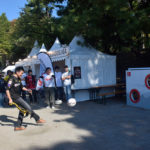
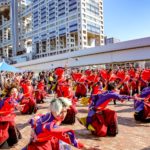
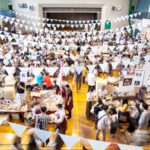

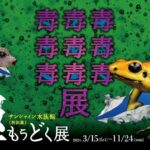






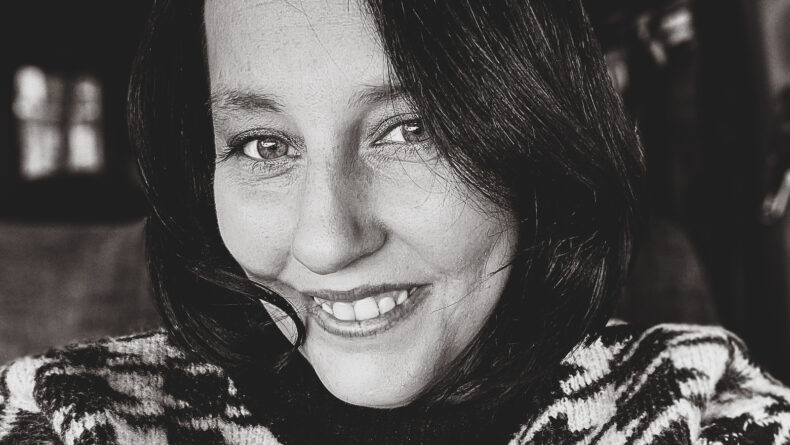
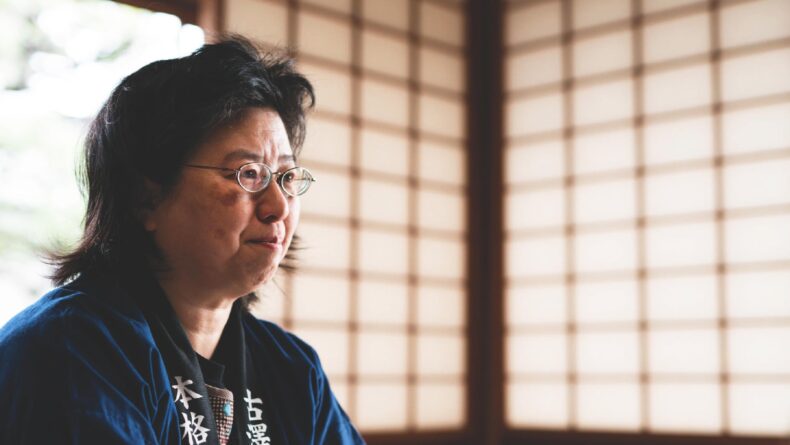
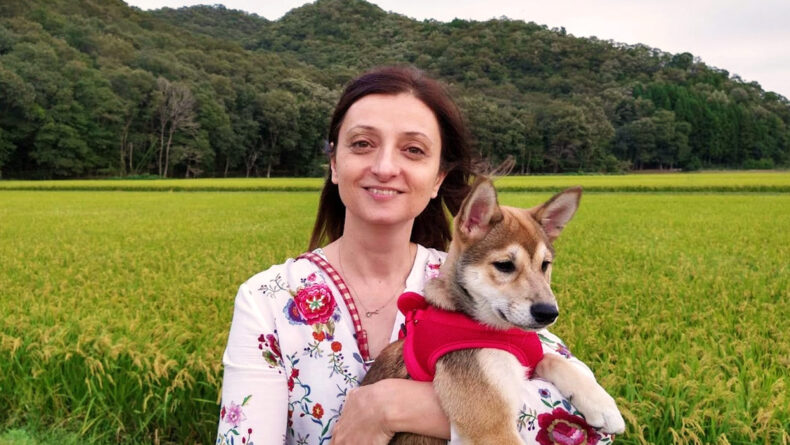

Leave a Reply